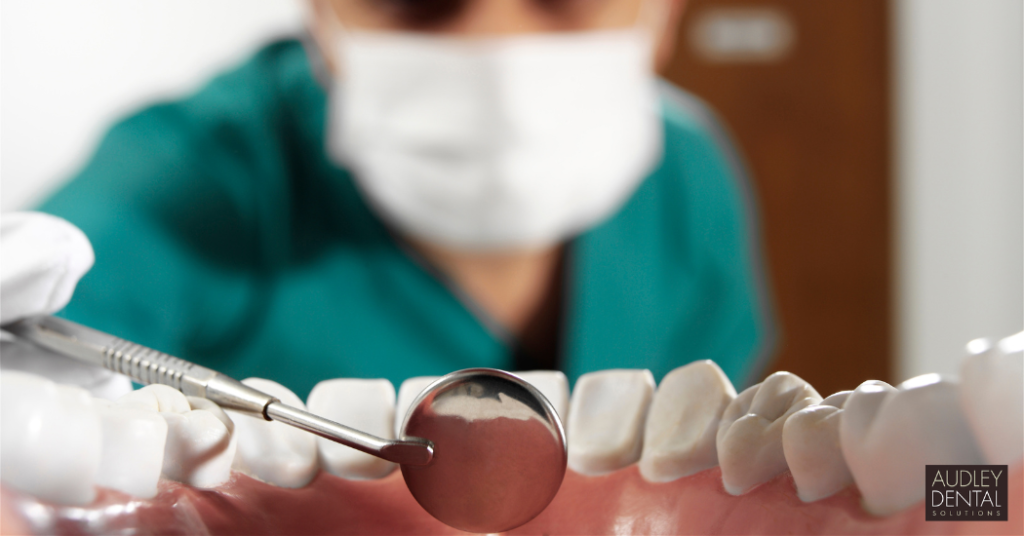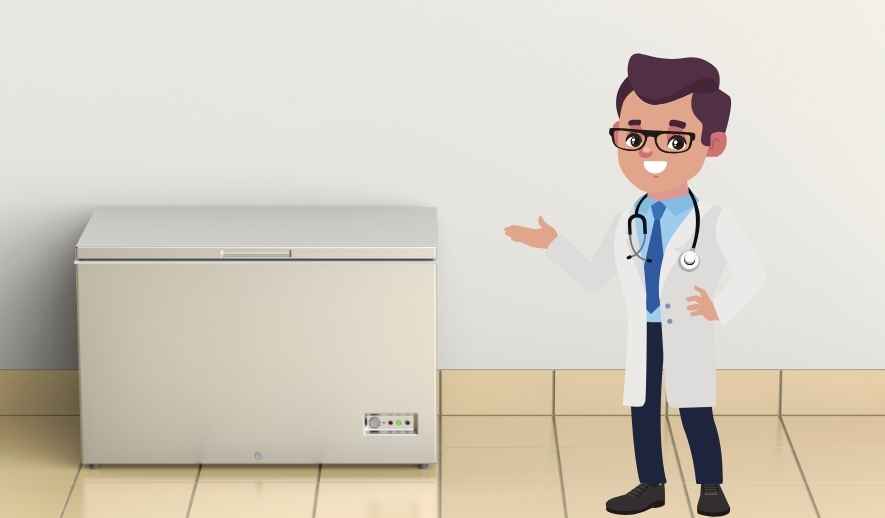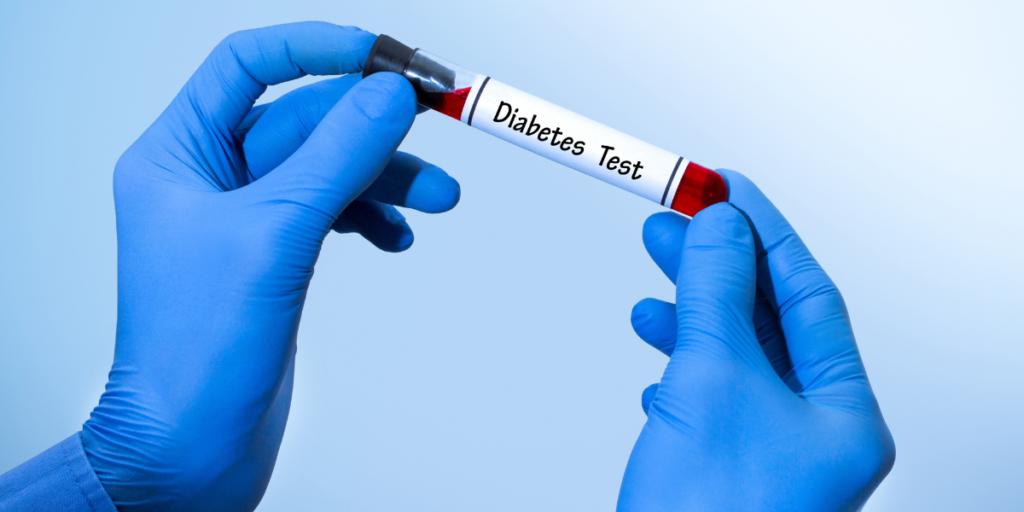Many serious dental problems can be avoided if caught early. Regular visits to your dentist help identify signs of trouble before they lead to pain, infection, or tooth loss. Early detection isn’t just about saving teeth. It’s about protecting your overall health.
In this post, we explain how dentists play a key role in spotting early signs of dental issues, what tools they use, and how patients benefit from regular check-ups.
Why Early Detection Matters
Small problems often go unnoticed at home. Cavities, gum disease, and even oral cancer can begin without pain. By the time symptoms appear, treatment is often more complex and costly.
Early detection can help:
- Stop cavities before they reach the tooth nerve
- Prevent gum disease from causing tooth loss
- Catch infections before they spread
- Detect oral cancer in its early stages
- Reduce the need for major dental procedures
A visit to a dentist near me every six months is usually all it takes to stay ahead of these risks.
What Do Dentists Look For?
During a routine check-up, dentists examine more than just your teeth. They assess your gums, tongue, jaw, and overall mouth health using both visual checks and diagnostic tools.
Common things dentists monitor:
- Plaque and tartar build-up
- Early signs of decay between teeth
- Gum inflammation or bleeding
- Damaged fillings or restorations
- Jaw movement and bite alignment
- Unusual lumps, sores, or discolouration
Early signs often appear small but can signal more serious issues later if not treated. Find a dental clinic near me online to get treated quickly.
How Dentists Use Technology to Detect Issues Early
Modern clinics use a range of tools to support early diagnosis. This allows your dentist to catch hidden problems that a basic visual check might miss.
Tools often used include:
- Digital X-rays to spot decay or bone loss
- Intraoral cameras to show images of hard-to-see areas
- Gum pocket depth probes to assess gum health
- Oral cancer screening tools for soft tissue checks
A well-equipped dentist in Sydney CBD can quickly identify and explain potential problems using these technologies, giving you the chance to act early.
What Patients Can Do Between Visits
While dentists play a vital role in early detection, your daily habits matter too. Good home care and awareness of warning signs help protect your smile between appointments.
Tips for prevention at home:
- Brush your teeth twice a day with fluoride toothpaste
- Floss daily to clean between teeth
- Limit sugar and acidic foods
- Don’t ignore bleeding gums or persistent bad breath
- Book a check-up if something doesn’t feel right
Choosing a dentist CBD that fits your lifestyle and work schedule makes staying consistent easier.
A Small Step for Long-Term Protection
Early detection helps prevent pain, cost, and permanent damage. Dentists don’t just fix problems. They help stop them from happening in the first place. With regular check-ups and a little attention at home, you can avoid many of the most serious oral health issues.
If you work or live in Sydney, consider a clinic nearby that makes appointments simple and stress-free.
FAQs
1. How often should I visit the dentist for early detection?
Every six months is recommended for most people. Your dentist may suggest more frequent visits if you’re at higher risk.
2. What symptoms should I never ignore?
Bleeding gums, tooth sensitivity, pain when chewing, or lumps in the mouth should always be checked by a professional.
3. Can a dental check-up really catch serious health problems?
Yes. Dentists can spot early signs of oral cancer, infections, and conditions linked to diabetes or heart disease during routine exams.



